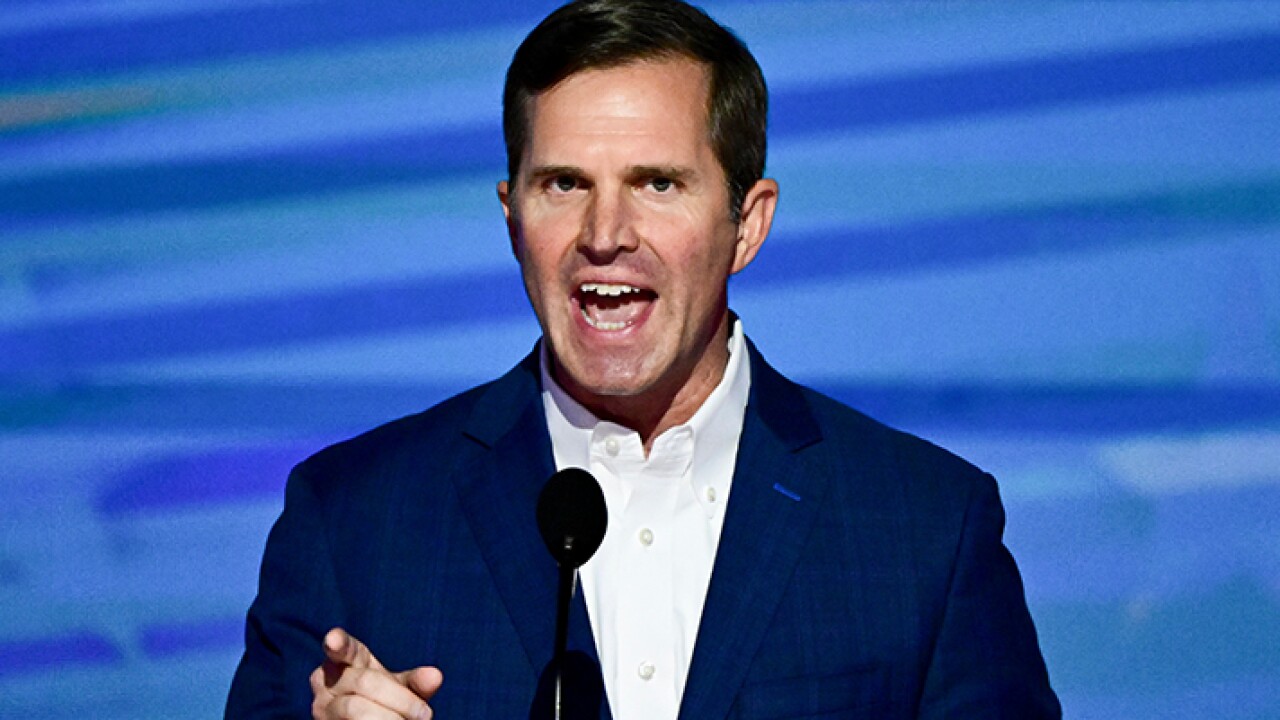
WASHINGTON Some municipal bond experts in Washington were pleased to see that the reports from Senate Finance Committee’s tax reform working groups, released Wednesday, did not recommend municipal bond restrictions.
“Rather than proposing all kinds of limitations on tax-exempt bonds, it just recognizes that these are some of the tools, along with direct-pay bonds,” Chuck Samuels, a member of Mintz Levin Cohn Ferris Glovsky and Popeos, said, referring to the report by the community development & infrastructure group that had jurisdiction over bonds.
Samuels said the report recognizes that tax reform “is a complex problem and that it doesn’t make sense to rob Peter to pay Paul,” Samuels said.
Frank Shafroth, director of the Center for State and Local Government Leadership at George Mason University, said that it’s good that the report doesn’t recommend taxing muni interest since the Joint Committee on Taxation has been biased against tax-exempt bonds for years.
“The fact that it’s not there is notable in and of itself,” he said.
However, the report doesn’t recognize the importance of tax-exempt bonds in financing infrastructure, Shafroth said.
The community development & infrastructure group, led by Sens. Dean Heller, R-Nev. and Michael Bennet, D-Colo., was one of five tax reform working groups. While the group’s report provided some background about present law concerning municipal bonds, it did not make recommendations about whether or not the current rules should be changed.
Bill Daly, director of governmental affairs for the National Association of Bond Lawyers, said there’s no incentive for working-group members to sign onto specific proposals since congressional leadership has made it clear that comprehensive tax reform won’t be passed until after the next election.
The working groups’ reports “were billed as being significant, but there’s not much too them,” Daly said.
In the appendix of the community development & infrastructure group’s report, which was prepared with the help of JCT staff, said that there are three main ways of delivering federal borrowing subsidies on state and local government bonds: tax-exempt bonds, tax-credit bonds and direct-pay bonds. It then went into a little bit more detail about tax-exempt bonds and direct-pay bonds.
The report said that tax-exempt bonds are viewed by some as inefficient, and that “direct- pay bonds address this inefficiency by providing the subsidy directly to the state or local government issuer.”
Mike Nicholas, chief executive officer of the Bond Dealers of America, said his group does not see direct-pay bonds as a more efficient replacement to tax-exempt bonds.
“Direct-pay bonds and tax-credit bonds can be important vehicles to provide an additional subsidy for projects when implemented correctly,” Nicholas said. “However, tax credit bonds have flaws that substantially reduce their appeal to issuers and investors and create other inefficiencies with the result that they do not provide a borrowing cost to state and local governments that is comparable to that provided through tax-exempt bonds. Any direct-pay program should serve as a supplement, not a replacement to traditional tax-exempt bonds.”
Susan Collet, president of H Street Capitol Strategies, said that while “Republicans have not embraced direct-pay bonds,” the report may be used as a reference piece and Congress may look at direct-pay bonds in the future.
Heller and Bennet’s group only made recommendations relating to funding the Highway Trust Fund. In addition to describing current law for bonds and other types of infrastructure financing, the report described current law relating to tribal issues, community development tax incentives and energy.
“Although our group was not able to reach bipartisan recommendations in each of these areas, we feel each of these parts should be heavily focused on as fundamental tax reform moves forward,” the senators said. “Our working group would be happy to relay additional input, which we received from stakeholders and lawmakers, as this process moves forward. Given the substantial amount of work and time put into these working groups, both co-chairs may release bipartisan legislative proposals in the near term.”
The report from the business income tax working group hinted that Congress should consider moving toward a consumption tax. Shafroth said that such a move would also be a move away from income taxes, and that lower individual and corporate income tax rates would reduce the incentive for investors to purchase tax-exempt bonds.
Other working groups included those on: individual income tax, international tax, and savings and investment. The groups were tasked with submitting reports with recommendations to the committee’s leaders.





